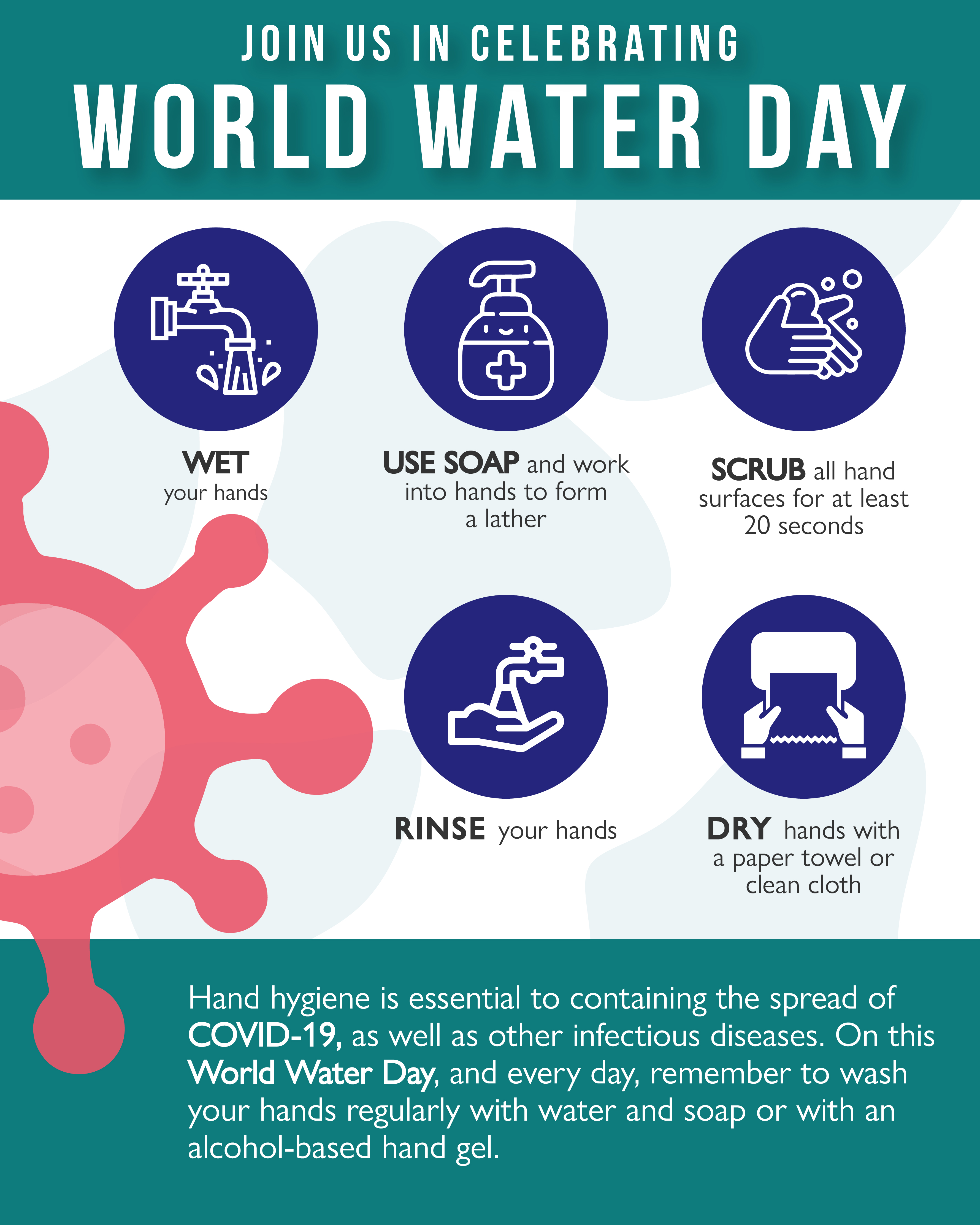World Water Day, held on March 22nd every year since 1993, focuses on the importance of freshwater.
World Water Day celebrates water and raises awareness of the 2.2 billion people living without access to safe water. It is about taking action to tackle the global water crisis. A core focus of World Water Day is to support the achievement of Sustainable Development Goal 6: water and sanitation for all by 2030.
The idea for this international day goes back to 1992, the year in which the United Nations Conference on Environment and Development in Rio de Janeiro took place. That same year, the United Nations General Assembly adopted a resolution by which March 22nd of each year was declared World Day for Water, to be observed starting in 1993.
Later on, other celebrations and events were added. For instance, the International Year of Cooperation in the Water Sphere 2013, and the current International Decade for Action on Water for Sustainable Development, 2018-2028. These observances serve to reaffirm that water and sanitation measures are key to poverty reduction, economic growth, and environmental sustainability.
In light of the novel coronavirus, we're highlighting the role of good hand hygiene in helping to stop the spread of germs.

For more information about World Water Day and good hand hygiene, visit the links below:
https://www.worldwaterday.org/
https://www.un.org/en/observances/water-day
https://www.who.int/gpsc/5may/Hand_Hygiene_Why_How_and_When_Brochure.pdf